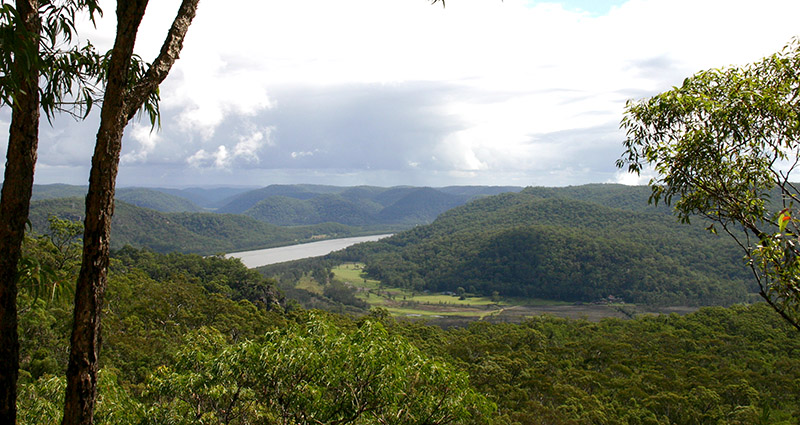Water Legislation
Managing New South Wales water resources relies on a range of legislation, initiatives and cooperative arrangements with the Commonwealth and other state governments. The key piece of legislation for the management of water in NSW is the Water Management Act 2000 (WM Act).
The object of the Water Management Act 2000 is the sustainable and integrated management of the state's water for the benefit of both present and future generations.
The Water Management Act 2000 is based on the concept of ecologically sustainable development – development today that will not threaten the ability of future generations to meet their needs. The Act recognises:
- the fundamental health of our rivers and groundwater systems and associated wetlands, floodplains, estuaries have to be protected
- the management of water must be integrated with other natural resources such as vegetation, soils, and land
- to be properly effective, water management must be a shared responsibility between the government and the community
- water management decisions must involve consideration of environmental, social, economic, cultural and heritage aspects
- social and economic benefits to the state will result from the sustainable and efficient use of water.
Whereas the WM Act provides for the integrated and sustainable management of the State’s waters, the Protection of the Environment Operations Act 1997 (POEO Act) provides the statutory framework for managing water pollution in NSW. There is a broad allocation of responsibilities under the POEO Act between the EPA, local councils, and other public authorities.
Find out further information about who investigates water pollution







